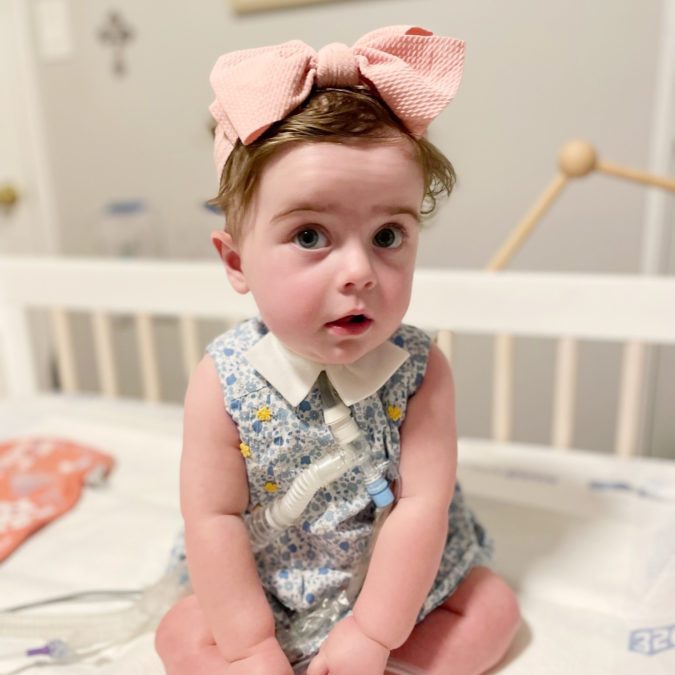
by Erika K Wolf | Dec 21, 2024 | Blogs, Condition, Congenital Heart Disease/Defects, front-page, News, Story
The Egan family is grateful for the “enormous team” at Stanford Medicine Children’s Health who repaired baby MJ’s rare congenital heart defect and provided months of individualized care in the Cardiovascular Intensive Care Unit. Today, their baby is a thriving toddler with normal heart ventricle function.
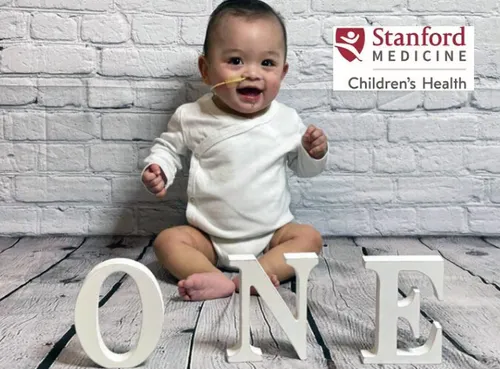
by Erika K Wolf | Dec 21, 2024 | Agenesis of the Corpus Callosum, Blogs, Condition, front-page, High-risk pregnancy, News, Story, Uncategorized
Emily’s third pregnancy wasn’t expected to be high risk. But once it became clear, she went to the experts at Stanford Medicine Children’s Health. Thanks to the multi-disciplinary approach coupled with personalized fetal counseling, baby Alexander is a thriving toddler with a big smile who is living up to his warrior name.
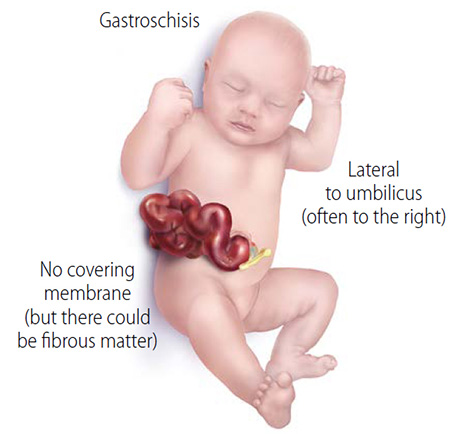
by Erika K Wolf | Dec 21, 2024 | Abdominal Wall Defect, Blogs, Condition, front-page, Gastroschisis, News, Story, Uncategorized
The rate of gastroschisis, an abdominal wall defect that is often discovered in utero, has been on the rise in the US. Thanks to Dr. Geoanna Baustista and the Baby Intestines Group at UC Davis Health, research is being done to find potential fetal interventions and improve babies’ outcomes.
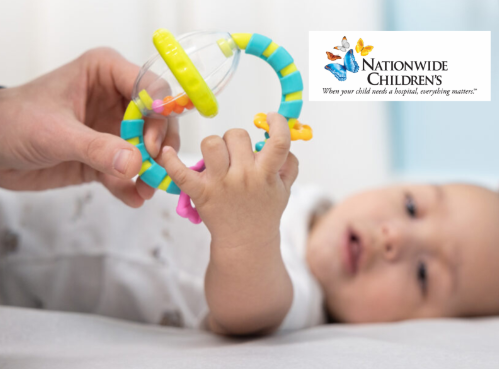
by Erika K Wolf | Dec 20, 2024 | Blogs, Condition, front-page, Molybdenum Cofactor Type A, News, Story, Uncategorized
The Dahab family moved to Ohio to be close to their “second family” at Nationwide Children’s Hospital. Thanks to Nationwide’s excellence in maternal fetal medicine and fetal imaging, a world-class NICU, access to genome sequencing, and rare disease experts, their boys are living longer and better lives.
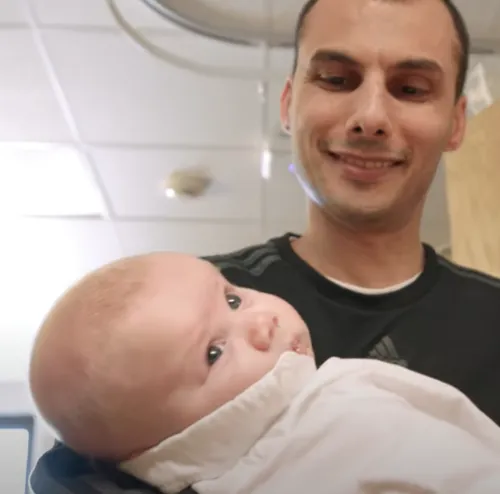
by Erika K Wolf | Dec 19, 2024 | Blogs, Condition, front-page, News, Posterior Urethral Valves (PUV), Story, Uncategorized
When doctors told the Lame family their son wouldn’t survive his serious diagnosis, they didn’t give up hope. They started to search for answers. Luckily, they found them at Cincinnati Children’s Hospital. With expert, all-encompassing care, baby Luka is thriving.

by Erika K Wolf | Dec 18, 2024 | Blogs, Condition, Fetal Renal Failure, front-page, News, Story
Treating Fetal Renal Failure is a highly personal process with many decisions to be made over the lifetime of the child. Dr. Timothy Crombleholme at Connecticut Children’s details why it’s important to have support, second opinions, and a highly specialized team.






